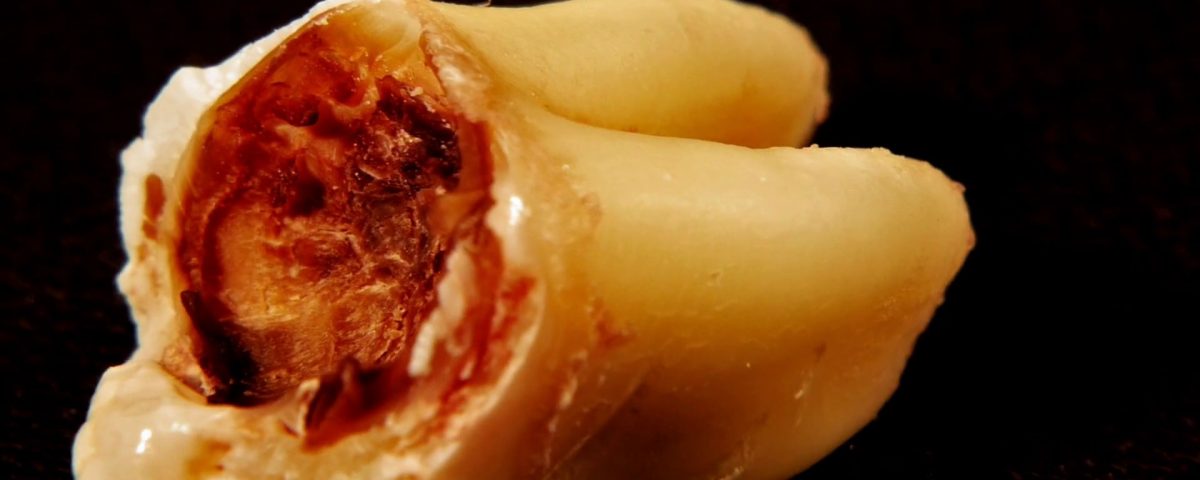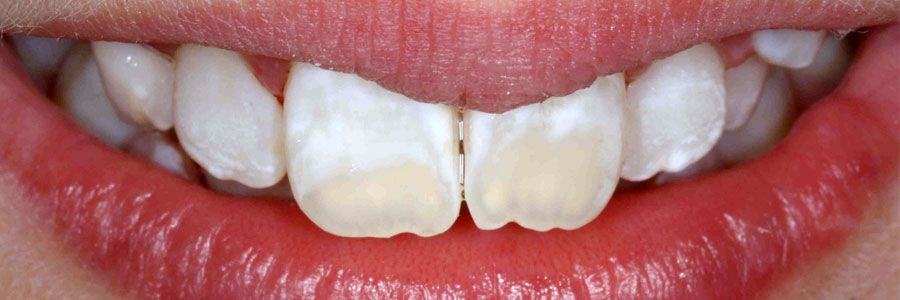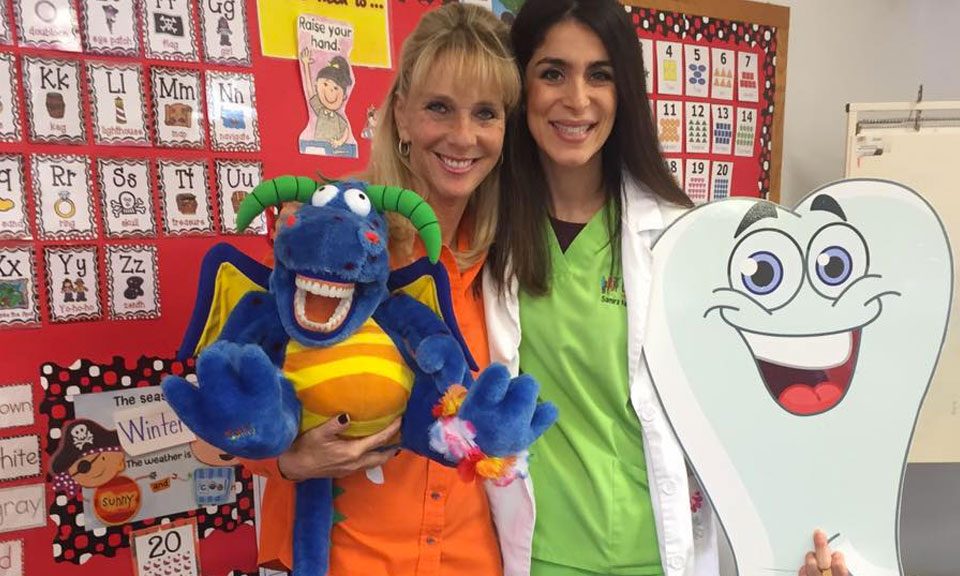What Things Put Me at a Risk of Having Dental Caries?

Cosmetic Dentist Addresses Stained Teeth
April 4, 2018
Sunrise Village Dental Centre Wins Best East Vancouver Dentist
June 28, 2018Our teeth are constantly being damaged and repaired. Damage occurs as acids in the mouth dissolve the minerals necessary to make up the tooth. We call this process de-mineralization. The process of repair, called re-mineralization, occurs as minerals present in your food and water, tooth paste and mouth rinses, and saliva recombine with your tooth to repair areas damaged by acids. De-mineralization and re-mineralization are in a constant tug of war where anything that shifts the balance in favor of damage will result in dental caries. Once de-mineralization has weakened the structure of the tooth enough, the tooth crumbles in forming a cavity. At this point bacteria may enter the tooth and cause further infection of the tooth.
There are three important influences that effect whether you are at risk of having dental caries:
- Your individual susceptibility, for example:
– Do you have a healthy immune system that can fight s.mutans or lactobacilli? Did you know that your saliva has antibodies and other proteins that kill bacteria?
– Can your saliva block the actions of acid on tooth structure? Fact, some people are better able to neutralize acids in our foods and those acids produced by bacteria.
– Medications and overall health. Did you know: that one of the most common side effects to medications is reduced saliva production? Less saliva means more bacteria and more damage from their acids! With increasing age and some diseases, like diabetes and sjogrens syndrome, we also experience decreased saliva production! - Your Diet
– Foods higher in simple carbohydrates are easier for s. mutans to produce acid from! The more frequently you ingest food high in sugar the more damage (de-mineralization).
– The faster foods are removed from the mouth the less chance bacteria have to produce acid. Did you know: at night your body produces less saliva? Less saliva means food is not washed away and leads to prolonged damage to teeth! Remember to brush if you have a bed time snack! - The right…or wrong stuff! (good vs bad bacteria)
– Everyone has bacteria in the mouth. Some bacteria help contribute to our overall health by killing harmful bacteria.
– S. mutans must be present to develop dental caries. Without this bacteria present, caries are not seen. Something to consider: Although brushing and daily flossing are necessary to promote good oral health they cannot remove 100% of the bacteria around your teeth. Since it takes very few of these bad bacteria to cause cavities, even for the best brushers and flossers this may not be enough to prevent dental caries.
Related posts
Sunrise Village Dental Centre Wins Best East Vancouver Dentist
That’s right! One of our recommended dental clinics wins Best East Vancouver Dentist for 2018. Dentist and Owner Dr. Dhir comments: It is an ama...
Cosmetic Dentist Addresses Stained Teeth
A very common cause of tooth discoloration is a childhood injury called a pulpal bleed or bruise of the tooth due to force or trauma. This […]
BC Dentist Addresses Oral Health Education
Besides brushing and flossing, what else can we do to optimize oral health? This is a great question and while not every BC Dentist, or dental hygien...




